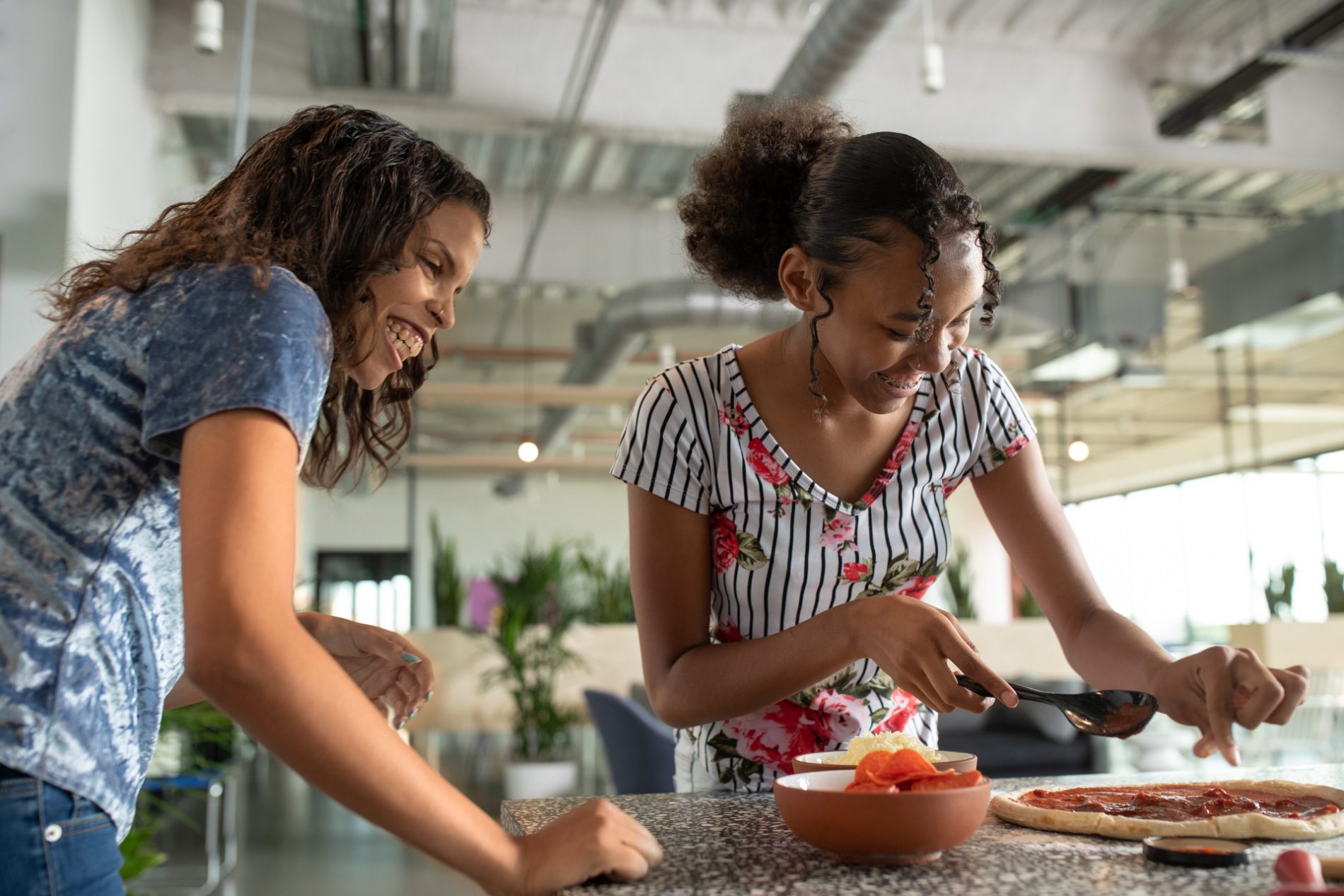Why Get a Big for your Little?
A Safe, Outcomes-Driven, One-to-One Mentoring Model That Works

Why Get a Big for your Little?
A Safe, Outcomes-Driven, One-to-One Mentoring Model That Works
For more than 100 years, Big Brothers Big Sisters of Colorado has recruited, screened, matched, and supported mentoring relationships that have changed the lives of hundreds of thousands of young people across Colorado.
We match children from one-parent, non-traditional and/or low-income households aged 9 years or older who reside in the Denver metropolitan and Pikes Peak region with a caring adult who is compatible with your child based on their shared personalities and interests. There is absolutely no cost to enroll your child into the program.
Safety from the start
Your child's safety is extremely important to us. Big Brothers Big Sisters of Colorado conducts a thorough background check on every volunteer in the program, and every relationship is carefully matched and closely monitored and supported by a professionally trained program specialist. Additionally, staff, volunteers, parents, children, and board members are required to be trained in recognizing and responding to suspected child abuse and other protective best practices for mentoring.
Parents as Partners
When it comes to the specific future of your child and the general well-being of our communities, we are all in this together. It should come as no surprise that we need the parents and guardians of Littles to be involved every step of the way.
Parents approve the selection of their child’s Big and remain in close contact with professional staff to look out for their child’s best interests and to help achieve the best possible outcomes for their child. Parents approve all activities and outings between Bigs and Littles and communicate regularly with their child, the Big, and BBBSC’s program specialist to help ensure healthy and safe relationship development.
Outcomes
A study for Big Brothers Big Sisters of America found youth matched with a Big Brother or Big Sister:
✓ are more confident
✓ are more likely to steer clear of drugs and alcohol
✓ do better in school
✓ get along better with their family and friends
✓ feel better about themselves*
*Tierney, J.P., Grossman, J.B., and Resch, N.L. (1995) Making a Difference: An Impact Study of Big Brothers Big Sisters. Philadelphia: Public/Private Ventures
